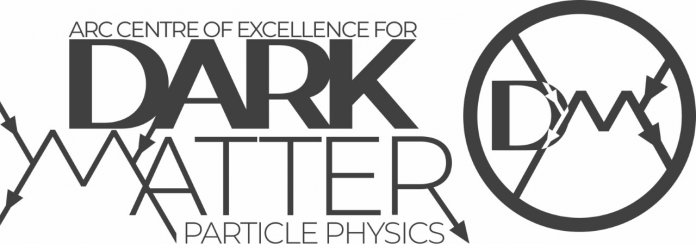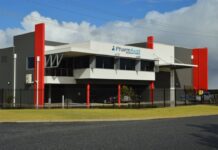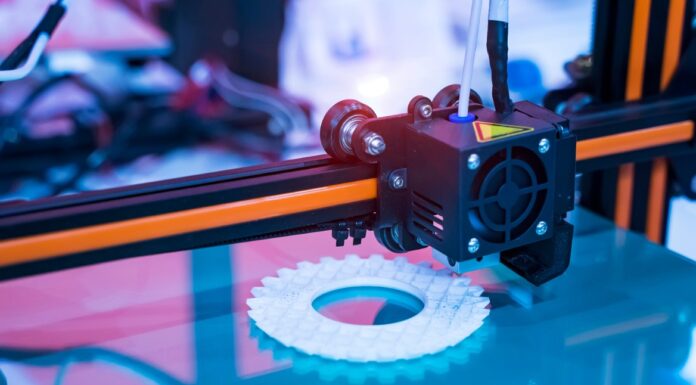
Media Release
Researchers from some of Australia’s top universities will come together to begin their seven-year journey to discover dark matter at the new ARC Centre of Excellence for Dark Matter Particle Physics’ first Annual Meeting today and tomorrow.
The Dark Matter Centre brings together physicists from across Australia, in partnership with key international researchers and institutions, to pursue the discovery of Dark Matter.
Dark matter it is a mysterious substance that holds galaxies together and constitutes 80 per cent of the matter of the Universe. Its existence is inferred from its gravitational interaction and the exploration of the nature of dark matter is considered science’s next frontier.
The Centre is the first of its kind in the Southern Hemisphere and its researchers aim to make discoveries that could change our understanding of the Universe.
It will also foster new and diverse talent in the spheres of astronomy, particle physics, direct detection, collider searches and dark matter theory. This collaboration across such diverse fields is the first of its kind.
More than 150 representatives from the University of Melbourne, Swinburne University of Technology, The University of Adelaide, Australian National University, The University of Western Australia and The University of Sydney will provide updates on their latest research projects at the event.
Project topics presented at the event will include the SABRE dark matter detector, new dark matter theories, axions and future work.
Newly awarded Forrest Prospect Fellow and Centre Research Associate Dr Ben McAllister will provide an update on The ORGAN experiment, an instrument designed to detect a potential dark matter particle called the axion.
“We will use the ORGAN detector to find axiom, which is a promising dark matter candidate. It is one of several different dark matter candidates that are being explored within the Centre,” Dr McAllister said.
“It’s great to be able to collaborate with some of Australia and the world’s best researchers on projects that have the potential to further our understanding of the Universe.”
Centre Director Professor Elisabetta Barberio said the Dark Matter Centre was established to promote collaboration between researchers and the annual meeting provided an exciting opportunity to share ideas.
“The Centre is all about sharing ideas and knowledge in order to transform our knowledge of the Universe and inspire a new generation of scientists and engineers. It is particularly exciting that this groundbreaking research is taking place in Australia.” Professor Barberio said.
“We have some fascinating projects that are currently underway and our researchers from across Australia will benefit from hearing about the work that their peers have been carrying out, and the exciting discoveries they aim to make.”
The day will also provide the opportunity to present the Centre’s outreach and engagement plans, incorporating regional and metropolitan schools around Australia. These will include the development of Kreative Kits for schools, masterclasses and outreach activities associated with the Stawell Underground Physics Lab.




















